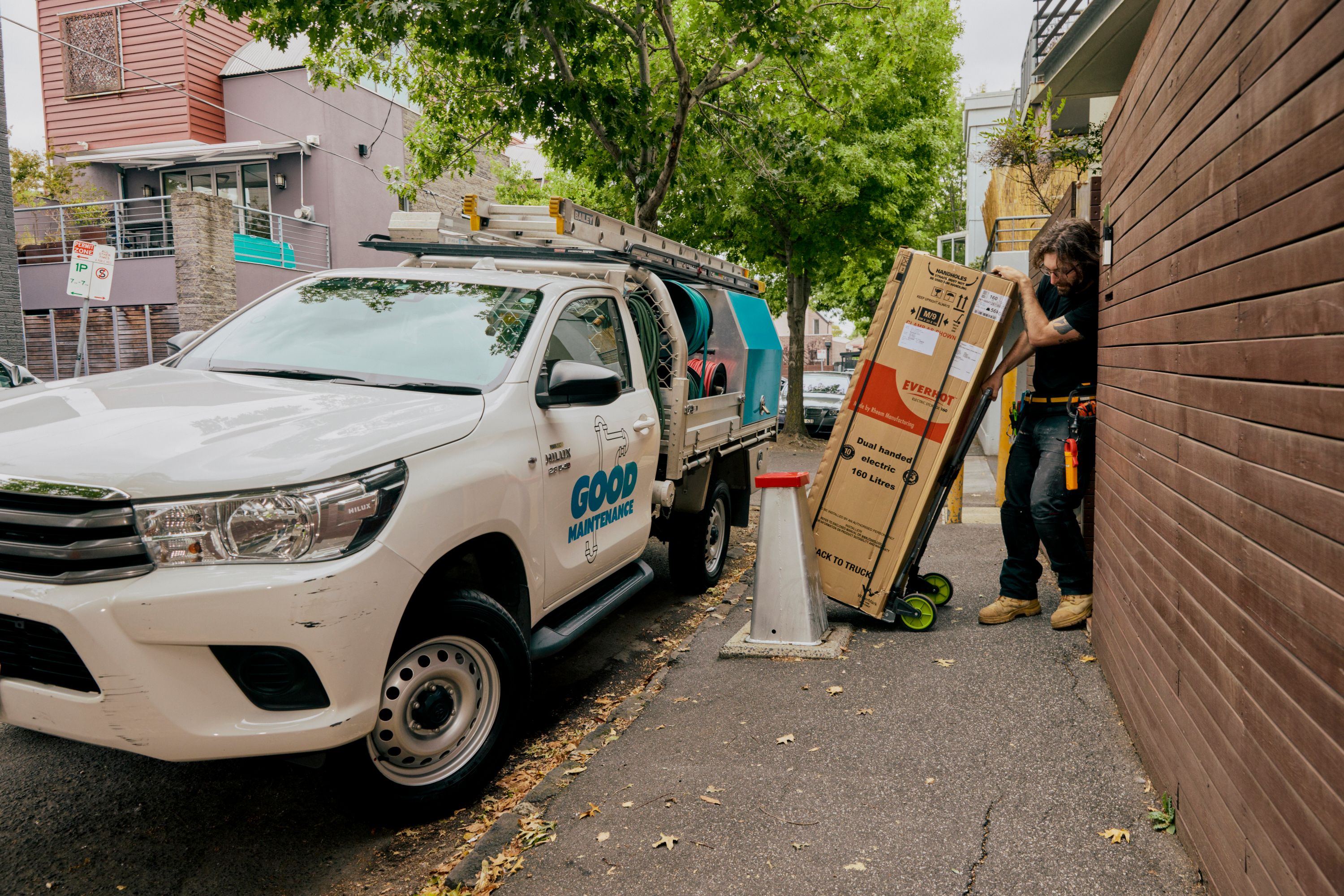Beat the Heat (and the Cold): Your Complete Seasonal HVAC Maintenance Guide
Your heating and cooling system works hard all year long, and just like your car needs regular oil changes, your HVAC needs some TLC to keep humming along smoothly.

We all know it, but sometimes we just need to hear it again from a helpful article like this one: a little attention to your HVAC unit now can save you a world of annoyance (and cash) later. Your heating and cooling system works hard all year long, and just like your car needs regular oil changes, your HVAC needs some TLC to keep humming along smoothly.
The real cost of ignoring your HVAC
Before diving into the how-to stuff, let us share some wisdom we've picked up through years of professional work. Emergency HVAC repairs are inconvenient and expensive. We're talking anywhere from 50% to 200% more than you'd pay for scheduled maintenance. This is because your system crashing during a heat wave or cold snap means dealing with overtime rates and rush orders for parts.
A properly maintained HVAC system can chug along for 15 to 20 years. Ignore it, and you might be shopping for a replacement after just 10 to 12 years. When you're looking at $5,000 to $10,000 for a new system, those annual maintenance visits suddenly seem like a bargain.
DIY tasks that can help
You don't need to become an HVAC technician overnight, but you can do some simple things to keep your system happy. Think of these as the equivalent of checking your tyre pressure; it's basic stuff that prevents bigger problems:
- Changing your filters is so simple, it hurts to see people skip it. Your air filter is like a bouncer for your HVAC system, keeping dust, pet hair, and all sorts of nasty stuff from gunking up the works. Your system must work harder to push air through when it gets clogged. Replace disposable filters every three months or more often if you've got pets or anyone with allergies at home.
- Your outdoor unit needs room to breathe, so ensure at least half a meter of clearance all around. That means no storing garden tools against it, no letting bushes grow too close, and clearing away leaves and debris that pile up. Inside, ensure nothing's blocking your furnace or air handler, and keep flammable stuff away from heating equipment.
- You might think closing vents in unused rooms saves energy, but it actually backfires. Your HVAC system is designed to move a certain amount of air, and when you start closing vents, you throw off that balance, creating higher pressure in the system, which makes your blower motor work harder and can increase your energy bills.
- Your air conditioner produces moisture as it cools your home, and that water needs somewhere to go. Those condensate drain lines can get clogged over time, leading to water damage or mould issues. A simple mixture of water and vinegar can help keep them clear.
- If you've got a programmable thermostat, use it! Set it to automatically adjust when you're away or sleeping. And if it runs on batteries, change them once a year to avoid surprise shutdowns.
Why professional maintenance should be on your radar
The DIY stuff is great and important, but professional maintenance is also a must for several reasons:
- Professional technicians do the deep cleaning your system really needs. They'll clean coils, check refrigerant levels, calibrate settings, and fine-tune everything to run as efficiently as possible. Studies show that a well-maintained HVAC system uses 15% to 20% less energy. For the average household, spending $200 a month on cooling translates to $360 to $480 in annual savings.
- Your HVAC system doesn't just heat and cool; it's also responsible for indoor air quality. Professional cleaning removes dust, allergens, mould spores, and other nasties that can trigger asthma, allergies, and other health issues. Poor indoor air quality can contribute to serious long-term health problems, including respiratory issues and even heart disease.
- This is especially important if you've got a gas furnace: Professionals check for gas leaks, carbon monoxide issues, and proper venting, the stuff that could be life-threatening if something goes wrong. They'll also make sure combustible materials are properly distanced from heating equipment to prevent fire hazards.
- Technicians don't just fix problems; they prevent them. Using specialised diagnostic tools, they can spot issues before they turn into expensive failures. A pro can diagnose and fix things before they leave you without heat or AC when you need it most.
Timing is everything; Call Good Maintenance today
Don't wait until the first 40-degree day to schedule your AC tune-up or until the first freezing morning to think about your heater. Smart homeowners schedule their maintenance during the shoulder seasons (spring and autumn) to get better pricing and avoid the rush when everyone else suddenly realises they need help.
Nobody gets excited about HVAC maintenance, but it's much better than sweating through a heat wave or shivering through a cold snap because your system decided to quit at the worst possible moment. Keep your energy bills reasonable, ensure your family breathes clean, healthy air all year long and be comfortable in every season by giving the experts at Good Maintenance a call for your HVAC check-up today.